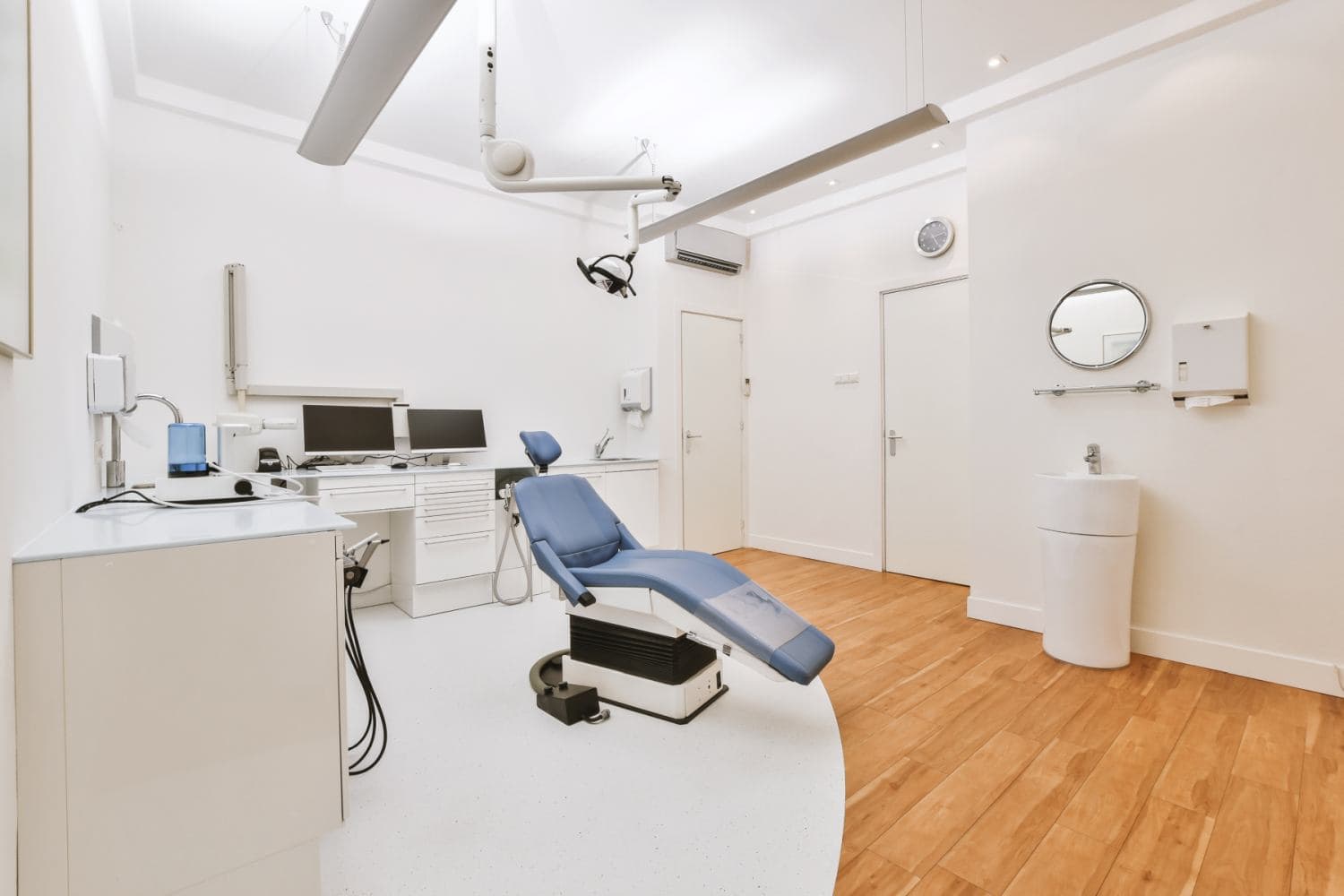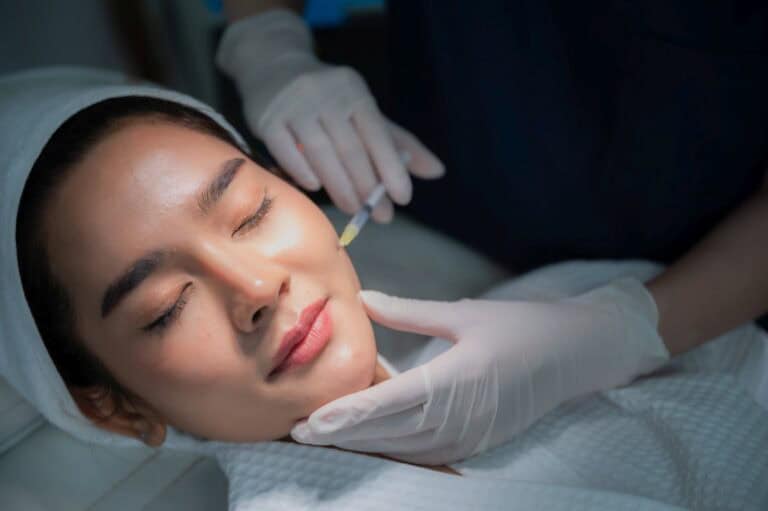
Opening and Operating a Successful Healthcare Business in Thailand
Thailand’s healthcare industry is experiencing unprecedented growth, driven by an aging population and increasing demand for quality medical services. With over 99% of Thai citizens having access to public healthcare and more than 1,300 hospitals nationwide, the sector presents excellent opportunities for entrepreneurs. In this post, we would like to point out the legal requirements and operational considerations for establishing both medical clinics and health businesses in Thailand.
Part 1: Setting Up a Medical Clinic in Thailand
Understanding the Market Opportunity
Thailand’s demographic shift presents a compelling business case for medical clinics. The country’s agingpopulation is expected to exceed that of Europe and the US by 2045, creating sustained demand forhealthcare services. Government healthcare spending has increased from less than 50% in 1995 to nearly80% today, demonstrating strong sector support.
Legal Framework for Medical Clinics
Company Structure and Registration
Foreign investors face ownership restrictions under Thai law but can overcome these through twoprimary routes:
1. Foreign Business License (FBL): Obtain approval from the General Director of the Department ofCommercial Registration and the Foreign Business Committee
2. Board of Investment (BOI) Approval: A more advantageous route offering significant benefits
Essential Steps for Company Establishment
1. Choose Company Structure: Select the most suitable legal entity type
2. Name Reservation: Reserve your company name with the Department of Business Development
3. Articles of Association: Create comprehensive governing documents
4. Shareholders’ Meeting: Conduct initial organizational meetings
5. Company Registration: Complete formal registration process
6. Tax Identification: Obtain necessary tax numbers
7. Visas and Work Permits: Secure documentation for foreign directors and employees
BOI Promotion for Medical Activities
Eligible Medical Activities for BOI Approval
Seven categories of medical activities qualify for BOI certification:
- Medical Equipment Manufacturing: Production of medical devices and equipment
- Pharmaceutical Manufacturing: Manufacturing and sale of pharmaceutical products
- Medical Food Production: Manufacture of medical food or food supplements
- Hygienic Products: Manufacturing of health and hygiene products
- Rehabilitation Centers: Specialized rehabilitation facilities
- Medical Care Centers: Comprehensive medical care facilities
- Clinical Research: Medical research and development activities
BOI Application Process
- Online Submission: Submit application through BOI’s online portal
- Initial Evaluation: BOI officers conduct preliminary assessment
- Presentation Meeting: Company representatives present to BOI expert committee within 10 days
- Final Evaluation: 90-day review period for final certification decision
BOI Benefits and Incentives
Tax Advantages:
- Corporate income tax exemption for 3-8 years depending on activity
- 50% corporate income tax reduction for up to 5 years
- Import tax waivers on machinery, raw materials for export, and R&D equipment
Operational Benefits:
- 100% foreign ownership permitted
- Foreign technician and expert employment
- Foreign currency fund transfers
- Land ownership possibilities (subject to approval)
Specific Incentive Periods by Activity
| Medical Activity | Corporate Tax Exemption Period |
| High-tech medical devices (MRI, CT scan, implants) | 8 years |
| Active pharmaceutical ingredients | 8 years |
| Specialty medical centers | 8 years |
| Hospitals | 8 years |
| Medical device manufacturing (non-fabric) | 5 years |
| Medicine manufacturing | 5 years |
| Traditional medical services | 5 years |
| Fabric-based medical devices | 3 years |
Required Licenses for Medical Clinics
Medical Service Business License
Service-based medical businesses must obtain licensing from the Department of Health Service Support.
Factory License (if applicable)
Manufacturing operations with 50+ machines or employees require:
- Factory license from Department of Industrial Works
- Business Establishment License from Local Administration Organization
- Industrial Estate Authority permits (if in industrial zones)
Clinical Research Certification
Research activities require Science Laboratory Capacity Certificate from the Department of Medical Science.
FDA Approval
Medical equipment, pharmaceutical products, and medical food require Food and Drug Administration permission under the Thai Drug Act of 1967.
Intellectual Property Protection
Patent Requirements
Patents are available for inventions that are:
- Novel and original
- Involve inventive steps
- Capable of industrial application
Eligibility for Patent Applications
Applicants must be:
- Thai citizens or Thailand-based companies
- Citizens of countries with patent protection agreements with Thailand
- Residents with genuine industrial/commercial establishments in Thailand
Work Permits and Visas
SMART Visa Program
Introduced in 2018, the SMART visa attracts highly skilled foreigners across four categories:
- Experts: Specialized professionals
- Investors: Capital providers
- Executive Management: Senior leadership
- Startups: Innovative entrepreneurs
SMART Visa Benefits
- Validity up to 4 years
- Work permit exemption
- Reduced immigration reporting (annually)
- Family reunification opportunities
Part 2: Setting Up Health Businesses in Thailand
Understanding Health Business Regulations
Health businesses in Thailand are governed by the Health Business Establishment Act B.E. 2559 (2016), which covers a broader range of health-related services beyond traditional medical clinics.
Registration Requirements Under Section 22
Any person wishing to operate as a service provider in a health business establishment must register with the appropriate authorities and meet specific qualifications.
Qualification Requirements for Service Providers
Individual Applicants Must:
- Be at least 18 years old
- Hold accredited health service diploma/certificate from Department of Health Service Support
- Be of sound mind and legal competence
- Have clean criminal record (no convictions for sexual offenses, narcotics, or prostitution-related crimes, or if convicted, released for at least one year)
- Be free from communicable diseases, alcoholism, or narcotics addiction
Business Entity Requirements
Juristic persons must demonstrate:
- Proper company registration with health business objectives
- Authorized signatory meeting individual qualification requirements
- Appropriate corporate structure for health service delivery
Application Process and Documentation
Submission Locations
- Bangkok Area: One-stop service center, 1st floor, Department of Health Service Support, Ministry of Public Health
- Provincial Areas: Provincial Public Health Offices or online at www.spa.hass.moph.go.th
Required Documentation for Individuals
- Copy of identification card
- Copy of house registration
- Medical certificate confirming freedom from 5 prohibited diseases (issued within 30 days)
Required Documentation for Companies
- Certificate of juristic person registration (specifying health business objectives such as spa, health massage, or beauty massage)
- Authorized signatory’s identification card copy
- Authorized signatory’s house registration copy
- Authorized signatory’s medical certificate (within 30 days)
Application Timeline and Process
Processing Steps
- Application Submission: Submit complete documentation
- Initial Review: Officer accepts application and issues certificate within 15 days
- Document Verification: 30-day correction period if documents are incomplete
- Final Review: 60-day decision period from receipt of complete documentation
Types of Health Businesses Covered
The legislation covers various health business establishments including:
- Spa Businesses: Wellness and relaxation services
- Health Massage Services: Therapeutic massage establishments
- Beauty Massage Businesses: Cosmetic and aesthetic services
- Traditional Medicine Services: Thai traditional healing practices
- Wellness Centers: Comprehensive health and wellness facilities
Related Legal Framework
Supporting Legislation
- Sections 20 and 21 of Health Establishment Act B.E. 2559
- Department of Health Service Support announcements on required operators
- Health Establishment Committee criteria for testing and assessment
Ongoing Compliance Requirements
Health businesses must maintain:
- Valid operator registrations
- Current medical certificates for staff
- Compliance with health and safety standards
- Regular reporting to relevant authorities
Business Operation Considerations
Staffing Requirements
Health businesses must ensure all service providers maintain proper registration and meet ongoing qualification requirements.
Quality Standards
Establishments must adhere to health service standards set by the Department of Health Service Support.
Regular Monitoring
Authorities conduct periodic inspections to ensure compliance with health business regulations.



